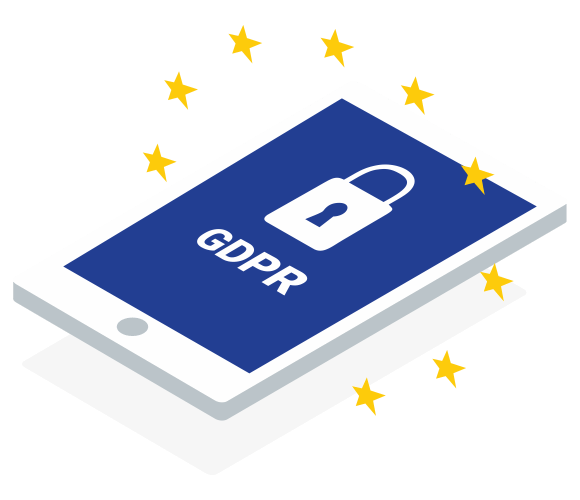GDPR DATA COLLECTION
The General Data Protection Regulation (GDPR) will be implemented from May 2018. This regulation will bring in changes in the way the data from individuals are collected and used. This regulation will introduce transparency in data collection and data security.
According to a study conducted 61% of organizations are unaware if they are GDPR survey compliant or not. The reason why this regulation is rolling out only in May 2018, is there is little or less knowledge amongst organization or businesses or individuals about GDPR and if this is going to affect them in any manner.
GDPR surveys may be composed of various components but one thing is for sure it is all about data collection and where is this collected data being used and how?
Touchpoints of GDPR data collection:
1. Agreement to process data:
Organizations/ businesses need to understand, you are not the owner of individuals data or personal information. Agreement of the data subject is a legal obligation that every organization should have while collecting data from individuals. You need to write in plain words why you are collecting the data and where you are going to use it.
2. Appropriate classification of data:
As an organization, you should know what type of data you need to run your business successfully. Collect only that data. GDPR data collection regulation will help businesses understand the importance of collecting accurate data. This will also clip unauthorized usage of data by the third party, thereby reducing the risk of data theft.
3. Unique data collection:
Under the GDPR enforcement there is certain data that is termed as “unique or special data”. These data are political beliefs, sexual orientation, religious beliefs, memberships and similar kinds. Organizations need to judiciously collect such type of sensitive data and should assure the data subject that this data won’t be reproduced without their consent.
4. Regulations on data portability:
GDPR data collection regulation has various laws that give the EU citizens better say over data portability. Basically, no company can own an individual's data. The collecting organization cannot refuse the individual (data subject) from sharing their data with another organization.
5. Erasing the data:
This has been a debate for many years if the organization or the business that has collected your data can store it forever. With the GDPR law enforcement, an individual can request to erase their data without further delay. There are speculations around this area, as many organizations will have to show proofs of the data being erased, this will, in turn, arise questions on data privacy and company policies.
6. International data transfer:
The GDPR law enforcement has provisions of data transfer to non-EU countries, provided they have similar data protection policies. Article 42 (9) of the GDPR encourages the use of certifications to encourage data transfers between countries. This brings in a robust framework to protect and share sensitive data.
Finally, it’s important for businesses to know if GDPR compliance is applicable to them and if so, they will need an efficient GDPR compliant survey tool to know, understand and execute data collection surveys in 2018.
Survey Software Easy to use and accessible for everyone. Design, send and analyze online surveys.
Research Suite A suite of enterprise-grade research tools for market research professionals.
Customer Experience Experiences change the world. Deliver the best with our CX management software.
Employee Experience Create the best employee experience and act on real-time data from end to end.











